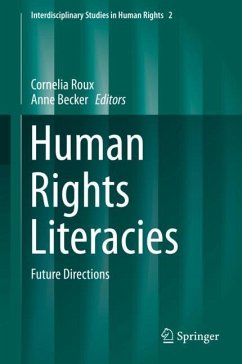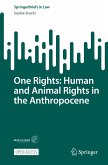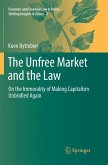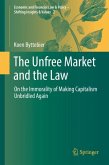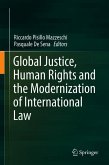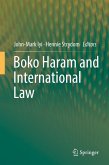This book adds impetus to the nexus between human rights, human rights education and material reality. The dissonance between these aspects is of growing concern for most human rights educators in various social contexts. The first part of the book opens up new discourses and presents new ontologies and epistemologies from scholars in human rights, human rights education and human rights literacies to critique and/or justify the understandings of human rights' complex applications. Today's rapidly changing social contexts and new languages attempting to understand ongoing dehumanization and violations, put enormous pressure on higher education, educators, individuals working in social sciences, policy makers and scholars engaged in curricula making.The second part demonstrates how global interactions between citizens from different countries with diverse understandings of human rights (from developed and developing democracies) question the link between human rights andit's in(ex)clusive Western philosophies. Continuing inhumane actions around the globe reflect the failure of human rights law and human rights education in schools, higher education and society at large. The book shows that human rights education is no longer a blueprint for understanding human rights and its universal or contextual values presented for multicomplexial societies. The final chapters argue for new ontologies and epistemologies of human rights, human rights education and human rights literacies to open-up difficult conversations and to give space to dissonant and disruptive discourses. The many opportunities for human rights education and literacies lies in these conversations.
Bitte wählen Sie Ihr Anliegen aus.
Rechnungen
Retourenschein anfordern
Bestellstatus
Storno

